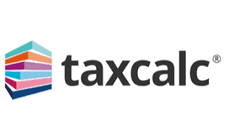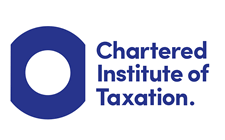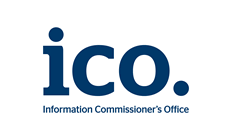Scottish Budget confirms bands and rates for 2025/26
Ahead of the Scottish Budget, there were rumours that tax hikes were on the way. However, the announcements made on the day will see some easing of tax for lower earners. What’s the full story?

On 4 December the Scottish government published its 2025 Budget, which included the proposed income tax rates for 2025/26. The good news is that the feared changes didn’t materialise. Instead there was some easing of tax for those on lower incomes. The proposed income tax rates for 2025/26 are as follows:
|
Band |
Income range |
Rate |
|
Starter rate (on income exceeding tax reliefs and allowances) |
£12,571 - £15,397 |
19% |
|
Basic rate |
£15,398 - £27,491 |
20% |
|
Intermediate rate |
£27,492 - £43,662 |
21% |
|
Higher rate |
£43,663 - £75,000 |
42% |
|
Advanced rate |
£75,001 - £125,140 |
45% |
|
Top rate |
Above £125,140 |
48% |
If the changes are approved by the Scottish Parliament, they will mean the Starter and Basic bands increase above inflation, by 22.6% and 6.6% respectively. The document also pledges that no new bands will be introduced, and no further changes to rates will be made by the current Parliament.
Related Topics
-
When will you have to register your new business for MTD?
The timetable for mandatory use of Making Tax Digital for Income Tax Self-Assessment (MTD ITSA) by existing businesses is well established. But when must you use MTD ITSA if you start a new business or create a new income stream?
-
EU law change for virtual events: how will it affect you?
Your business organises live events online, charging delegates a fee to attend. What are the rules about charging VAT and what changes took place on 1 January 2025 that will affect you if EU delegates attend your sessions?
-
Forthcoming changes to statutory sick pay
According to statistics from the Office for National Statistics (ONS), the rate of sickness absence fell to an average of 4.4 working days lost per worker in 2024, down from 4.9 days in 2023. Whilst this is good news for employers, forthcoming changes to statutory sick pay (SSP) are less good news. What do you need to know?









 This website uses both its own and third-party cookies to analyze our services and navigation on our website in order to improve its contents (analytical purposes: measure visits and sources of web traffic). The legal basis is the consent of the user, except in the case of basic cookies, which are essential to navigate this website.
This website uses both its own and third-party cookies to analyze our services and navigation on our website in order to improve its contents (analytical purposes: measure visits and sources of web traffic). The legal basis is the consent of the user, except in the case of basic cookies, which are essential to navigate this website.